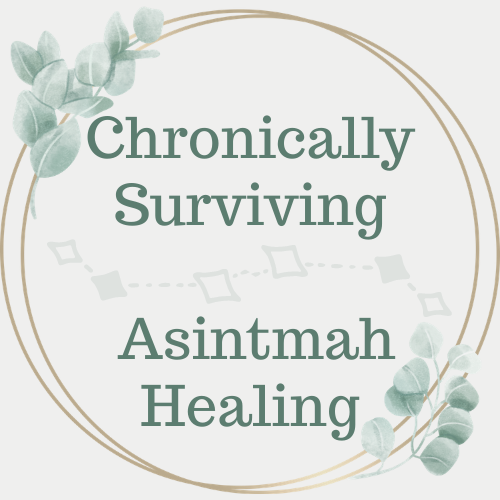It used to be that I would carry handwritten pages of my medications I was currently on in my purse. These days, I have a working copy of the list saved in Microsoft Word. I have also used Google Docs and Medic Alert for saving my medication lists and dosages. It seems every six months to a year I am updating this list and the dosages doctors prescribe me. This means I have to keep contact with my insurance, pharmacist, and prescribing doctors on a regular basis.
In the U.S., the fall season also means making sure my medical treatments, including the clinics and hospital appointments necessary, are all taken care of by WI Medicaid and my father’s employee insurance. I am an exception clause on my father’s insurance due to my disability and as an adult living with my parents. My father’s place of work does an assessment on me every two years to ensure I still qualify for coverage under the government’s legal definition of disability.
Most of the time I am studying in post-secondary education. As such, there are only certain days I can dedicate to phone calls to my doctors, insurance companies, and pharmacists. I have worked part-time positions before, but due to side effects from medical treatment and ongoing chronic illness and pain, it is less stressful and easier for me to manage my own healthcare if I work as a volunteer.
My volunteer work can be scheduled for a few hours later in the evening or during afternoons. I choose volunteer positions that can be arranged like this. I do this so I can be available to schedule appointments during the day with the doctors and therapists I need to see due to living with cystinosis and post kidney transplant care: dermatologist, genetics, long-term care, nephrologist, ophthalmologist, primary health, and psychiatrist/cognitive behavioral therapist.
Because I am in my thirties, I have signed a HIPPA waiver to allow my parents to speak on my behalf if I need extra assistance communicating with my insurance or other people on my medical team. If my parents are not available due to their own life and work schedules, I have what is called a patient assistance manager who I give permission to speak with me on the phone when navigating between doctors, insurance, and pharmacists.
Self-advocacy for me looks a lot like communication between my healthcare team, insurances, pharmacists and my social system. My social system includes people like patient assistance managers, but it also includes my parents. Sometimes it can include social workers who are employed by hospitals or insurance companies. Making sure we are all on the same page and that my medical treatment is available and affordable, on top of managing daily life is a big part of my own autonomy and individual freedom as a disabled female.
In cooperation with Our Odyssey, uplifting the voices of the young rare & chronic
Rebekah Palmer is the vice president of advocacy and awareness for Next Generation of Cystinosis, a non-profit run by cystinosis adults for cystinosis adults. She currently has three books in print as well as poetry included in the anthology Strength: Lives Touched By Cystinosis edited by Amanda Buck and Amanda Leigh. These can all be found on Goodreads. She is finishing up her second bachelors degree in Professional Communication and Emerging Media.


